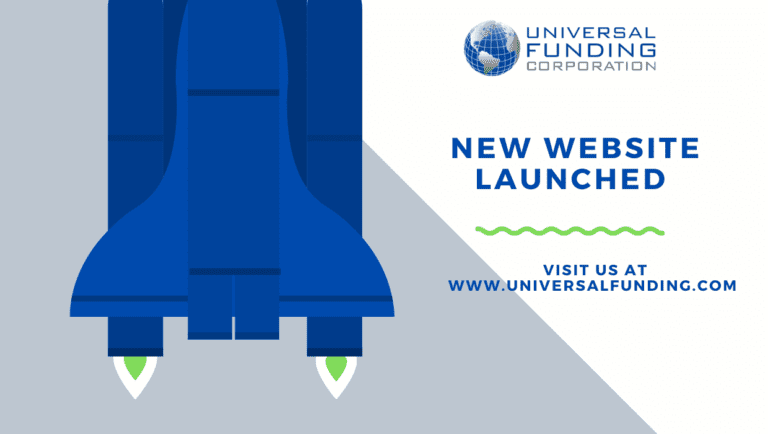How invoice factoring shortens the working capital cycle
Any business that issues sales invoices to customers can benefit from sales invoice factoring. However, some industry sectors, such as manufacturing, have caught on to the benefits of factoring more than others.
Manufacturing companies generally offer 30, 60 or 90-day credit terms, and that can be a long time to wait for cash when you continuously receive products from suppliers while delivering products to clients. So, the balance of a single accounts receivable (AR) account can be significant.
The customer probably has good credit, so the manufacturing company can be confident they will get paid. But suppliers must be paid, products must be shipped, and employees will not wait patiently for their paychecks. So, the timing gap between the initial cost of sale and receipt of cash can be a significant headache for manufacturing businesses.
How Does Factoring for Manufacturing Companies Work?
When a company factors its sales invoices, it receives most of the cash for invoices almost immediately. So, invoice factoring closes the cash flow timing gap, thus shortening the working capital cycle.
The process of factoring sales invoices is straightforward. Copies of invoices raised are sent to the factoring company (factor). The factor then buys those invoices from the company at an agreed discounted rate. The customer then pays the factor instead of to the issuing company. When the factoring company receives payment from the customer, they pay balance minus their factoring fee.
What are the Benefits of Factoring for Manufacturing Companies?
As mentioned above, the primary benefit of invoice factoring is the increased availability of cash to pay vendors as well as other bills. But that increase in liquidity brings many other benefits, too. Here are some of the ways that invoice factoring can help a manufacturing company.
Related: Is Invoice Factoring Right for Your Business?
Offers a Competitive Advantage
When a company factors its sales invoices, the pressure immediately comes off the cash flow. So, subject to the agreement in place with the factoring company, the business could offer extended credit terms to its key customers, and that would provide a significant competitive edge over competitors that have to keep credit in check to survive.
Provides Financial Leverage with Vendors
The increase in available working capital that factoring provides allows a manufacturing company to negotiate better deals with suppliers. Lower prices could be gained in return for faster payment of invoices, for example. Factoring also allows businesses to take advantage of early settlement discounts that might be available. The extra working capital could also be used to buy supplies in bulk to take advantage of volume discounts.
Related: How to Calculate if Invoice Factoring Will be Cost-Effective for Your Business
Reduces Administrative Costs
Invoice factoring services usually include accounts receivable management. The factor will credit check new customers, send account statements and reminders, and chase late payers. So, the burden of the time-consuming task of the administration of accounts receivable is lifted. This removal of AR administration tasks can save money and free up finance staff for more productive tasks.
Simplifies Cash Flow Management
Factoring removes the unpredictability of cash flow forecasting. Sales invoices are financed within 24-48 hours of being sent to customers. So, companies that factor their invoices know precisely when the cash from sales will be available, and that predictability of income ensures that outgoing payments can be scheduled with certainty.
Reduces or Eliminates Bad Debt
Factoring companies employ professional collections agents, and a factor can get straight on to late-paying customers as soon as their accounts become overdue. This prompt and professional collections activity reduces the risk of bad debt.
Frees Up Working Capital for Expansion
When a manufacturing company wants to expand, working capital will be required for new equipment purchases, and there will be increased marketing and administration associated with business growth. However, any business with too much working capital tied up in accounts receivable will have difficulty funding growth. But factoring releases working capital, so cash is available to invest in sustainable expansion.
Related: How to Know if Your Business Qualifies for Sales Invoice Factoring
The Bottom Line
To sum up, sales invoice factoring has significant benefits for manufacturing companies. And that’s why so many manufacturing businesses use factoring services. Factoring frees up working capital, and that provides cash for expansion. And the extra funds can be used to leverage better deals with suppliers. Factoring also allows businesses to offer extended credit, which can tempt customers away from competitors.
Your Questions Answered Quickly
Whether your business is thriving and you can’t keep up, or you are waiting on clients to pay, Universal Funding can help your growing company. Call us at 800.405.6035 or complete our rate form today to learn more about invoice factoring and how it can improve your company’s cash flow.
About Universal Funding
Universal Funding is a nationwide invoice factoring solutions leader, supporting growth-focused businesses with scalable factoring solutions. With its invoice factoring, payroll funding, and purchase order financing services, Universal Funding provides clients with the working capital needed to grow and support their businesses without taking on new debt. Ranked as one of the nation’s top invoice factoring companies, Universal Funding provides cash flow financing for businesses all across the United States.



